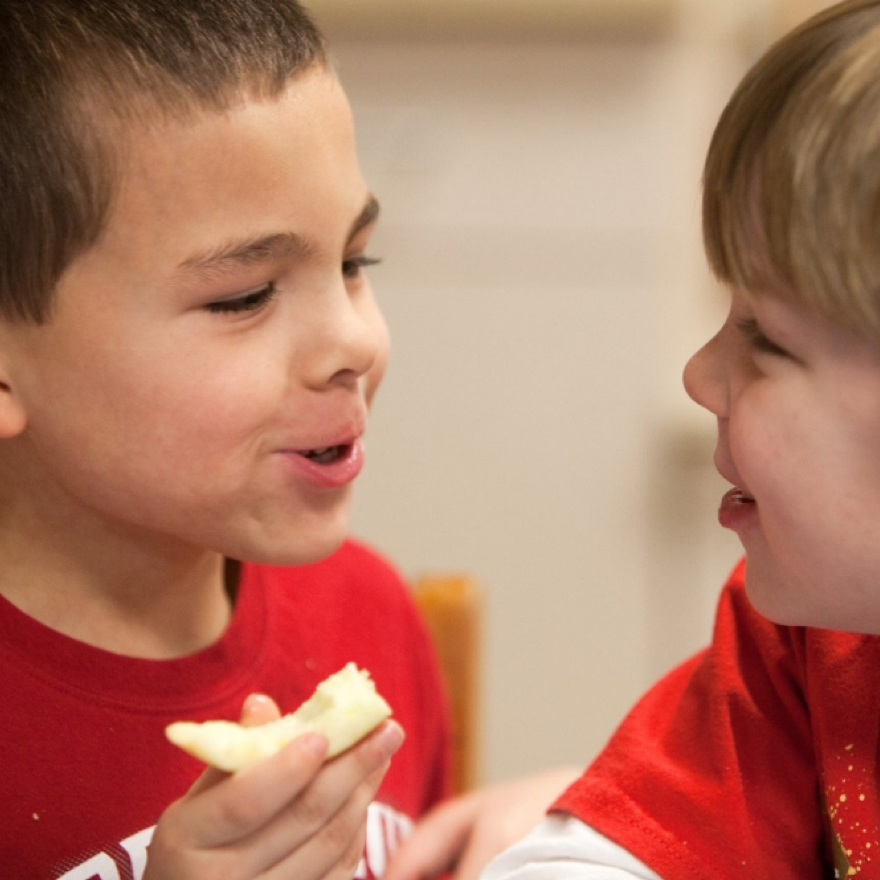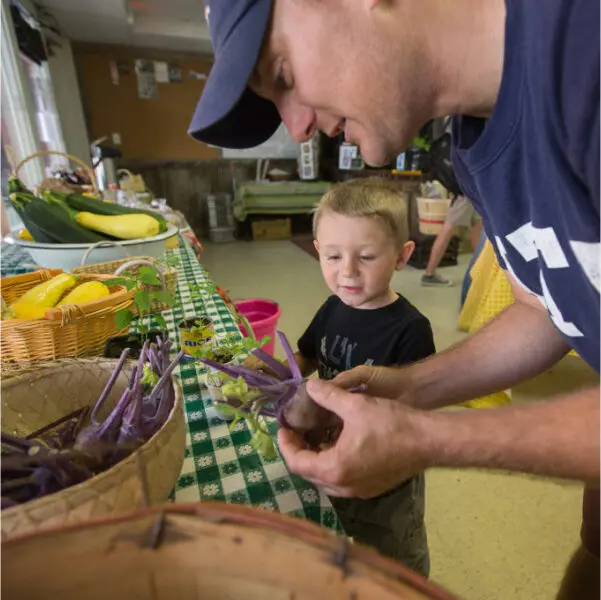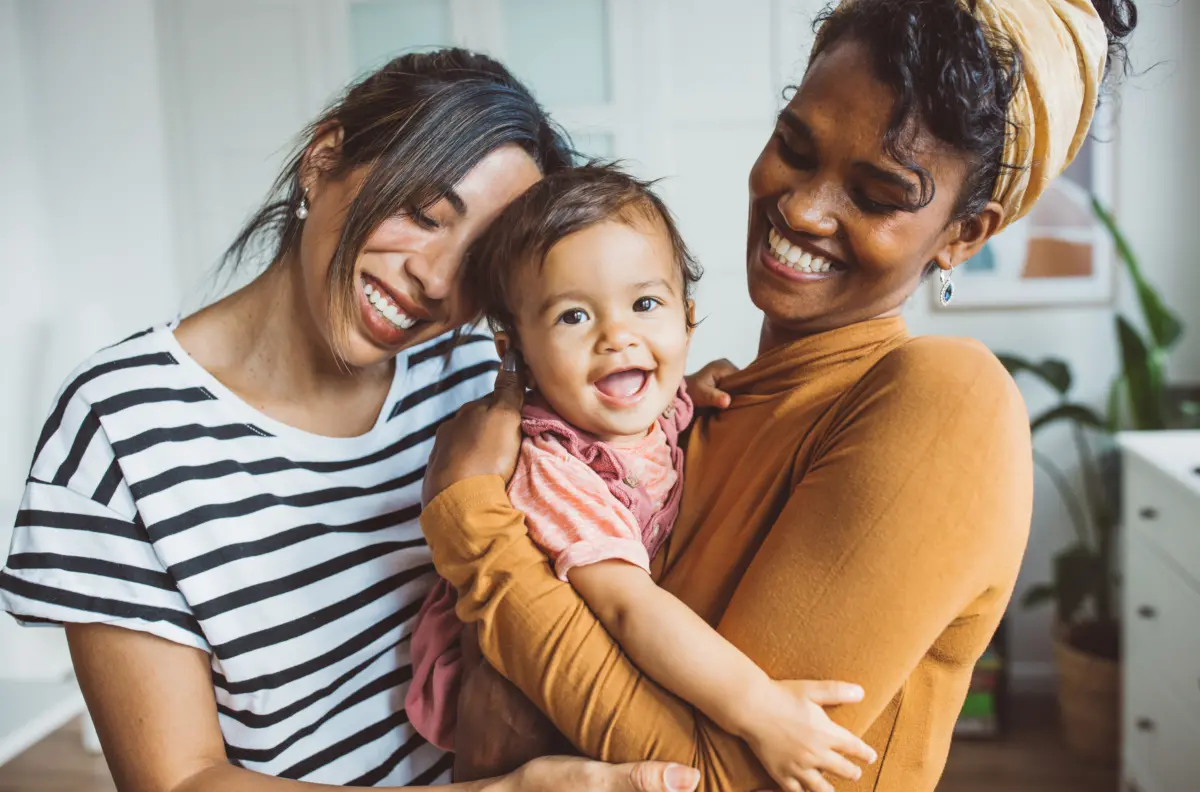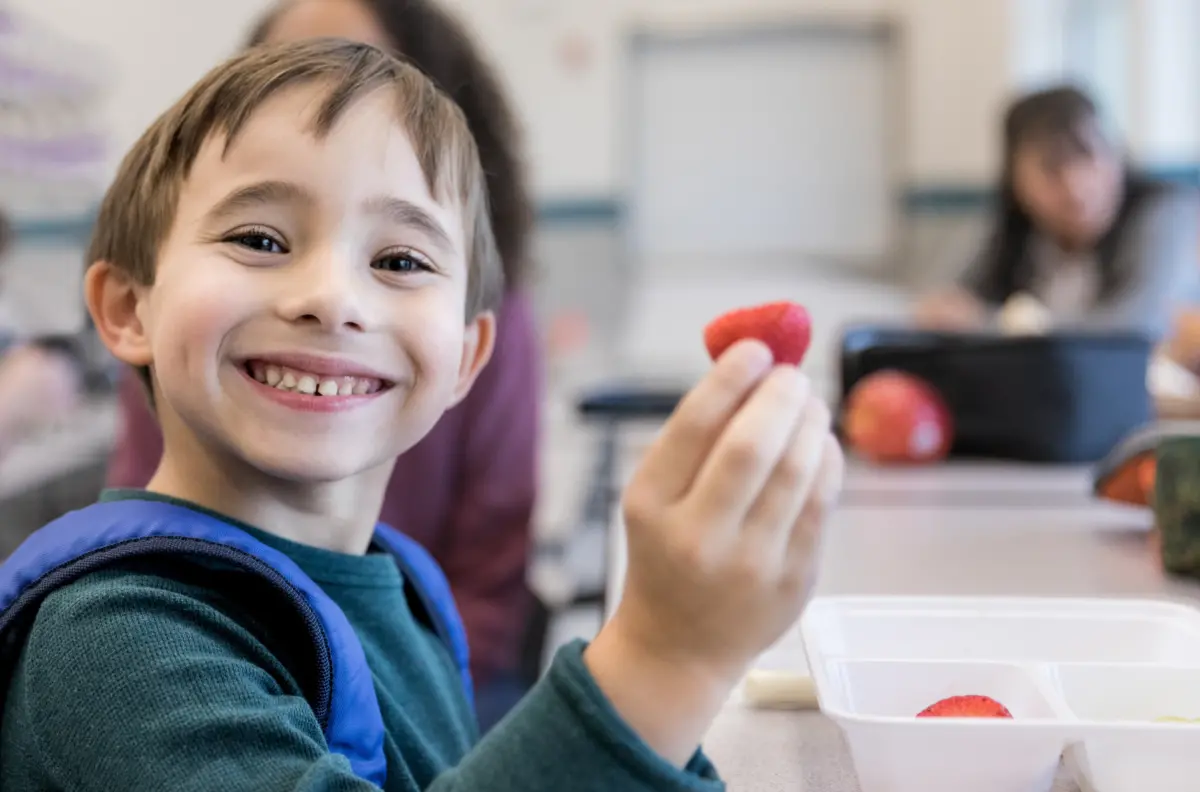I think that WIC has been a tremendous support to families during the COVID-19 pandemic. Even before the pandemic, WIC has been important to 6 million families and children. We know that WIC is a program that supports eating healthier and being healthier and can help reduce a child’s risk for obesity.
As important as it was before, it’s even more important now because we know most people are stuck at home. We’ve already seen several studies showing a significant increase in food insecurity since the start of the COVID 19 pandemic, and reports of decreased dietary quality. WIC’s role in helping to improve food security and dietary quality, and to support overall health, is even more important now because of the circumstances surrounding this public health crisis. This is true for families already on WIC and for the many people who are newly eligible due to having recently lost their jobs and being thrust into dire circumstances.
And that’s why the things that Georgia is talking about — where WIC is trying to adapt quickly to being able to serve in this new environment — are really important. For WIC, as with many other things, it’s been a race against time. When states first started social distancing and shutting things down, some states didn’t deem WIC as essential, so they shut WIC down. This meant that people couldn’t get services.
Imagine, a mother brings her new baby to WIC for a scheduled appointment to enroll in the program, but the doors are locked due to a state having shut down the clinic. What is this mom supposed to do? While these obstacles did surface during the start of the pandemic, now we are seeing that because of the waivers and other progress that’s been made that it’s possible to enroll participants over the phone. I’m not sure that they can serve everyone by phone yet, but I think there is a lot of innovation that’s going on and I am really happy about it.
And a theme that’s really come forward for me is partnerships. I really think all of these partnerships — that the National WIC Association has with its members, that we have with our anti-hunger members — are proof of how everyone has worked together and employed their expertise to make sure that WIC can keep serving people during this pandemic. And I’ve really thought that’s one good thing that I see coming out of this. We all care about continuing to support the health of low-income communities and newly eligible communities. And we’ve really been able to work together with a big massive effort to make sure people can still get on the program.



